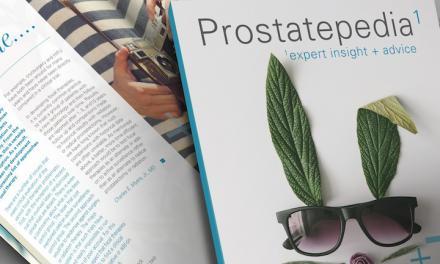Neil H. Baum, MD, presented “Lyndon Johnson and His Kidney Stone” for the Grand Rounds in Urology audience in April 2022.
How to cite: Baum, Neil H. “Lyndon Johnson and His Kidney Stone.” April 2022. Accessed Jul 2025. https://grandroundsinurology.com/lyndon-johnson-and-his-kidney-stone/
Lyndon Johnson and His Kidney Stone – Summary
Grand Rounds in Urology Contributing Editor Neil H. Baum, MD, Professor of Urology at Tulane Medical School, highlights the importance of imagining how the United States healthcare system could change by reflecting on how different the world would be had Lyndon Johnson’s kidney stone not been successfully removed. He explains that in 1948, Johnson was running for a US Senate seat and was deadlocked against the favorite, when he developed an obstructing kidney stone in the upper third of his ureter. He thought he would require a ureterolithotomy, but did not want to since that might require him to drop out of the race. Dr. Baum explains that Johnson met with Dr. Gershom Thompson at the Mayo Clinic for a second opinion, and Thompson agreed to try an endoscopic stone removal, even though he had never before removed a stone in the upper third of the ureter. Thompson was successful, and Johnson had a prompt recovery, allowing him to return to the campaign and win. Dr. Baum notes that Johnson’s recovery raises several “what if” questions, such as “how might the world have changed if LBJ had not had a successful endoscopic retrieval of a proximal ureteral stone and been unable to win his Senate race?” Dr. Baum considers Johnson’s legacy as President of the United States, from passing the Civil Rights Act to accelerating US military involvement in Vietnam. He then asks, “what if we did not have the two government healthcare programs, Medicare and Medicaid, that were instituted and approved during the Johnson Administration?” This leads him to ask a whole series of “what if” questions, such as “what if we had a single payer system?” and “what if we could put more enjoyment back in the practice of medicine?” He concludes that it may be time to ask some “what if” questions, and he suggests that by doing so, it may be possible to find ways to repair the current healthcare system rather than seeing it as fundamentally immutable.
For more commentary on practice management from Dr. Baum, visit his Improving Your Urology Practice page.
ABOUT THE AUTHOR
Neil H. Baum, MD, is a Clinical Professor of Urology at Tulane Medical School in New Orleans, Louisiana. He is also a retired urologic surgeon. Additionally, Dr. Baum serves as the Medical Advisor to Vanguard Communications Group. Dr. Baum is the author of Marketing Your Clinical Practice - Ethically, Effectively, and Economically, which is in its 4th edition, has sold over 175,000 copies, and has been translated into Spanish. He also wrote The Complete Business Guide to a Successful Medical Practice, which was published in 2015. Dr. Baum was the columnist for American Medical News for more than 25 years. Dr. Baum also wrote the popular column, “The Bottom Line,” for Urology Times for more than 20 years. He is a requested speaker each year to the Practice Management Seminar for the American Urological Association (AUA), where he discusses techniques for making urology practices more efficient and more productive. He has written more than 9 books on practice management and over 250 peer-reviewed articles on various urologic topics. Dr. Baum is also the medical advisor to Vanguard Communications Group.




